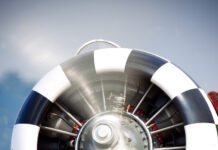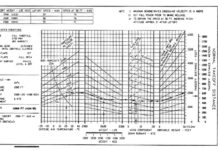As we get toward the waning months of the 2014 air show season, it is important to consider the impact of fatigue on your body. Fatigue can be either physical or mental, and — as the long weeks of traveling and performing begin to mount — it is critical to guard ourselves from both forms of fatigue. Many of us can relate to stories of being tired while driving and waking up when the tires went off into the dirt. Some can relate to falling asleep at altitude, cruising home from a show. All of us can relate to a bad night’s sleep at a mediocre hotel where the folks in the next room are having an all-night party. Fatigue seriously impacts motor skills, judgment and alertness.
You wouldn’t attempt to fly a show intoxicated, but you probably wouldn’t consider cancelling if you didn’t get any sleep the night before. Yet multiple studies have shown that lack of sleep causes the same types of degradation in motor skills performance as the consumption of alcohol. For example, being awake for 18 hours without sleep has the same impact on your performance as having a blood alcohol level of 0.04.
Rest and sleep are not an option. They are critical to the safe operation of your aircraft. Event organizers: consider the impact that late night social events and early morning briefings might have on your performers and ground support volunteers. Fatigue impacts not just pilots, but anybody operating a car, golf cart or aircraft tug.








